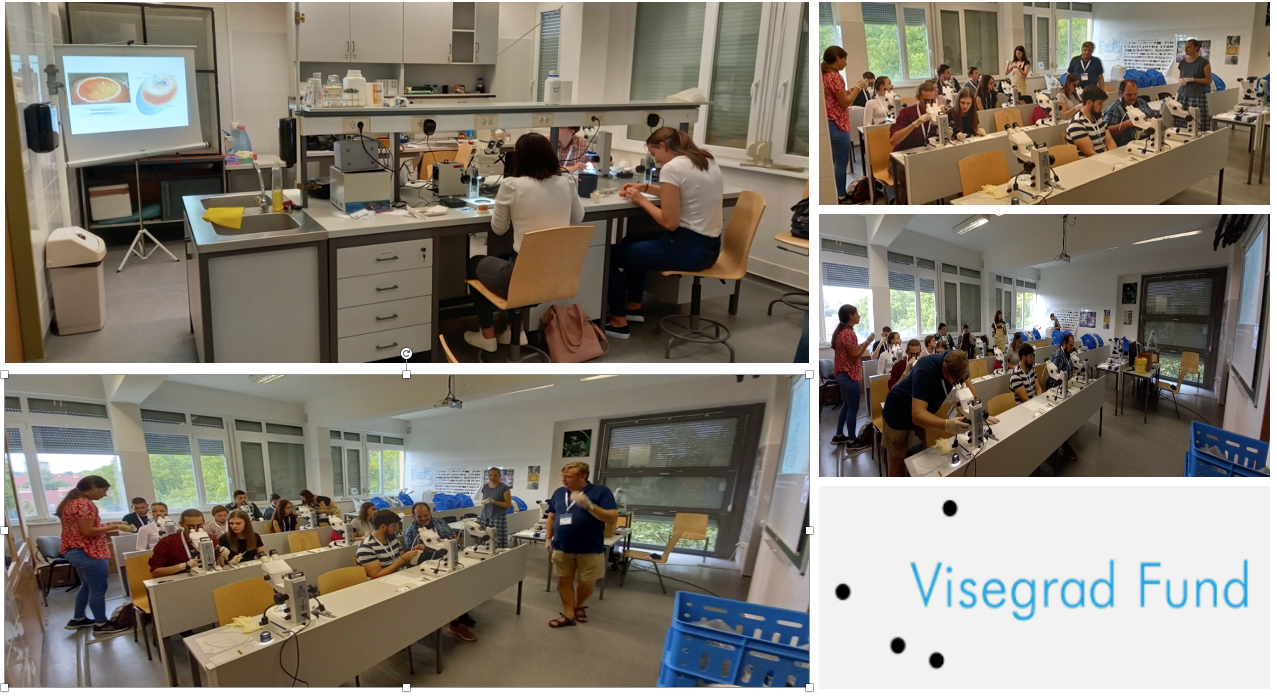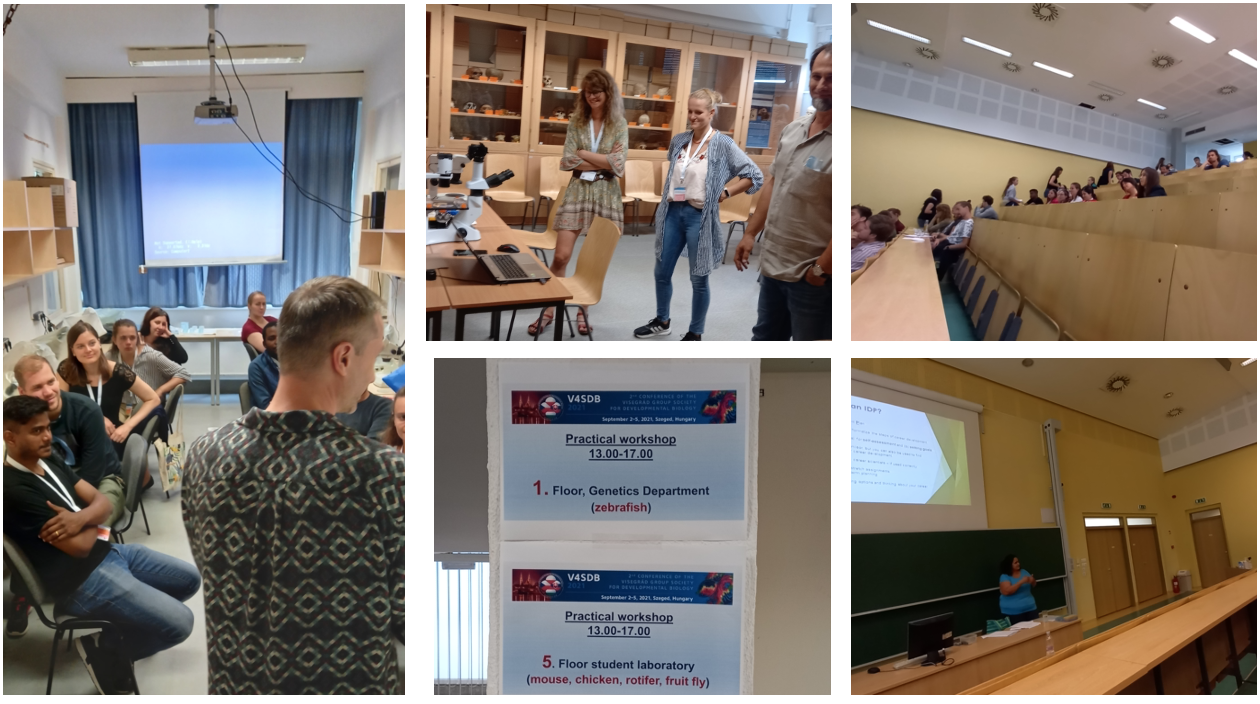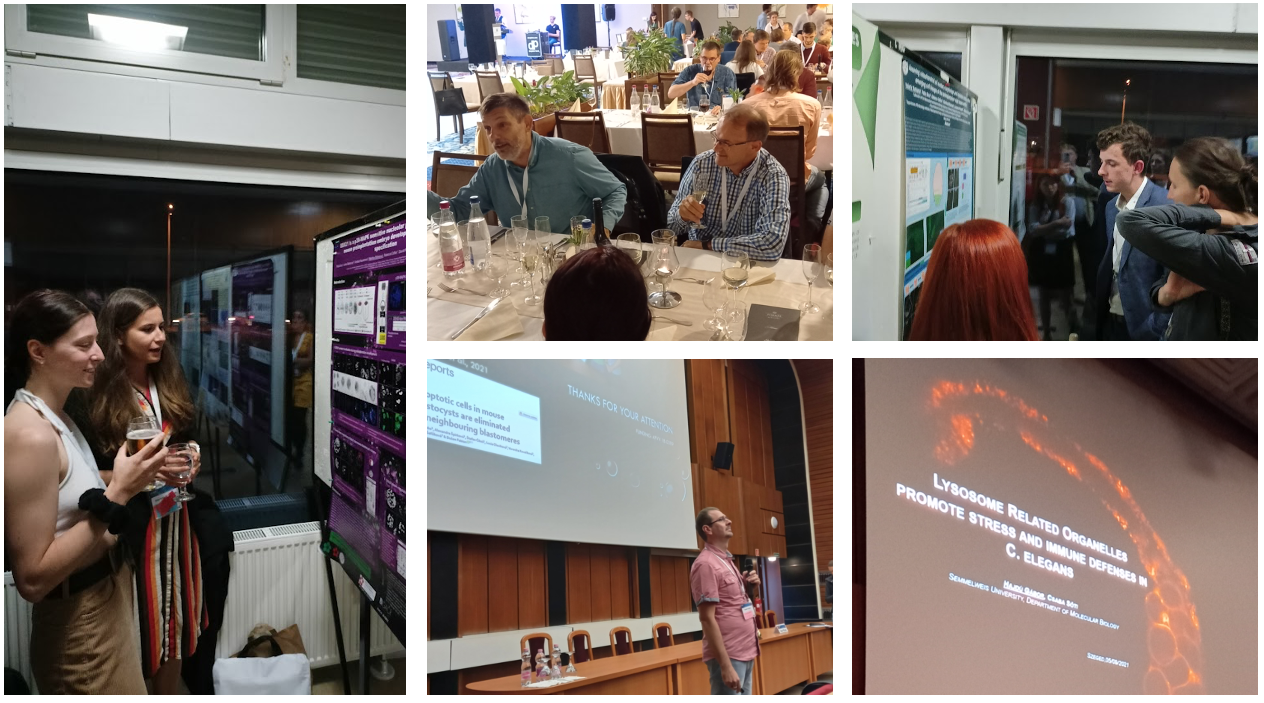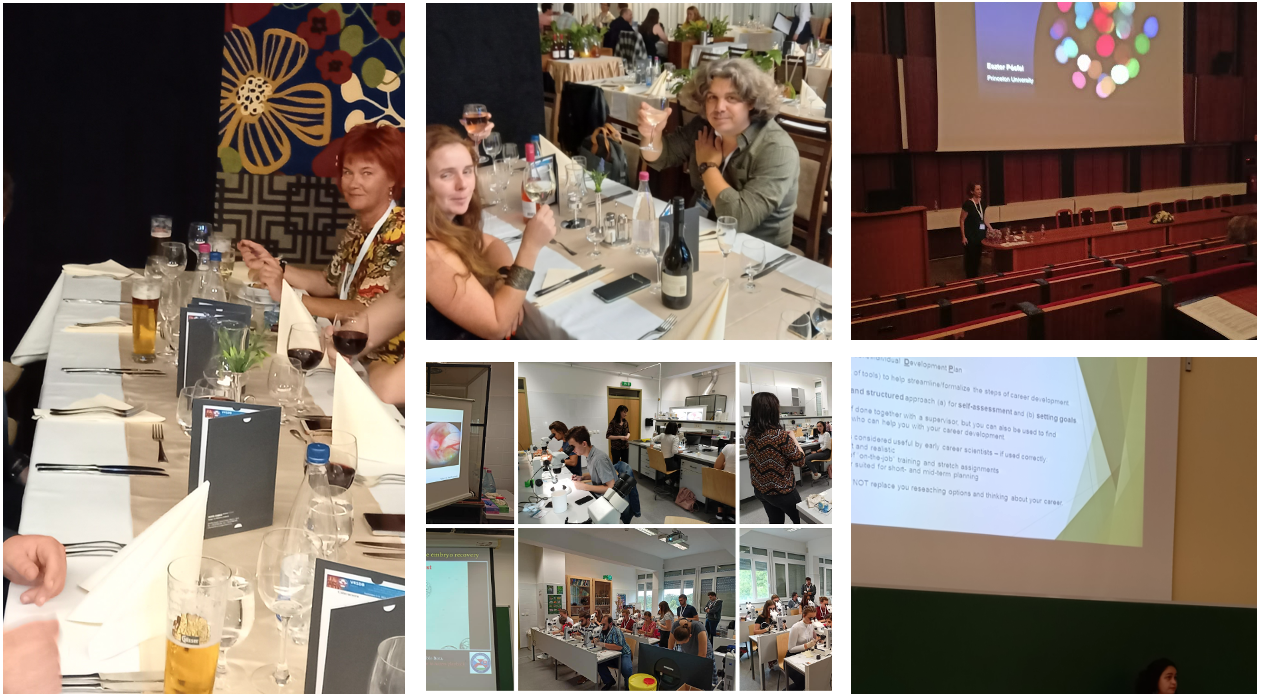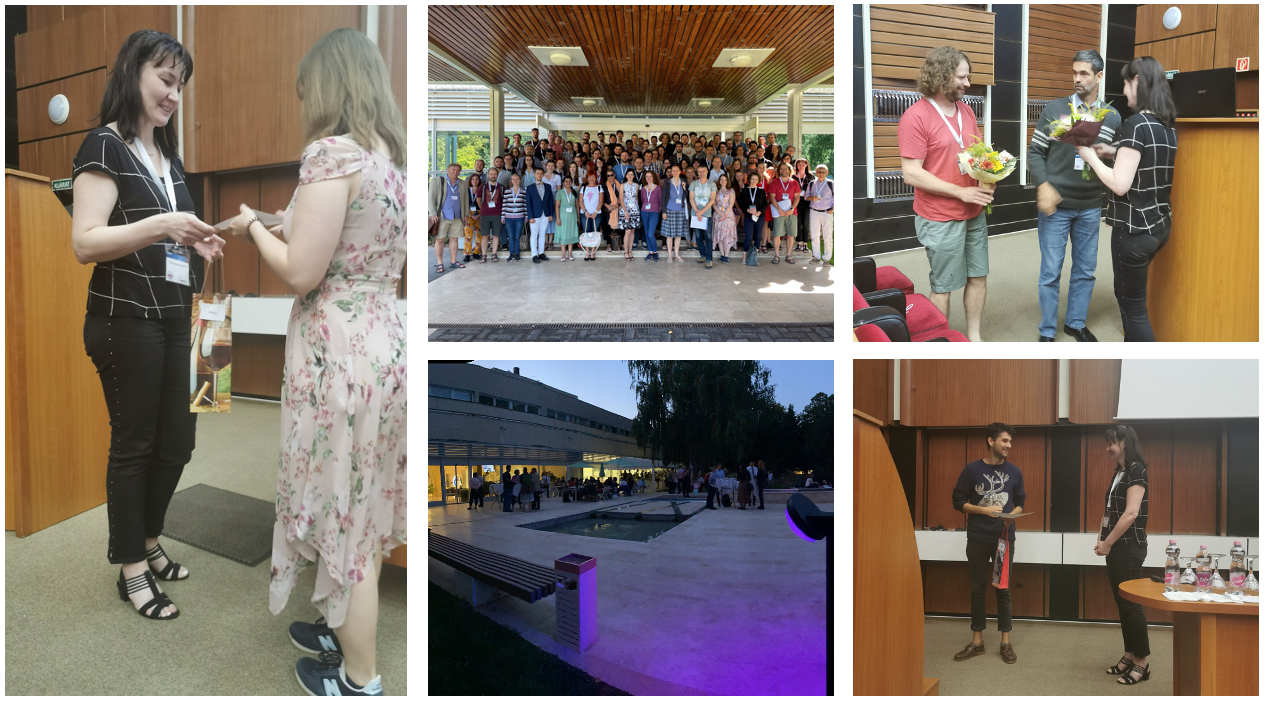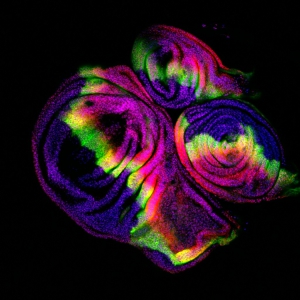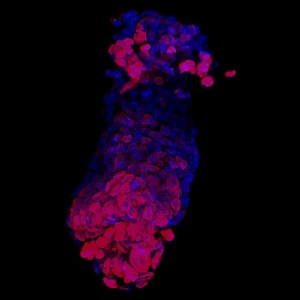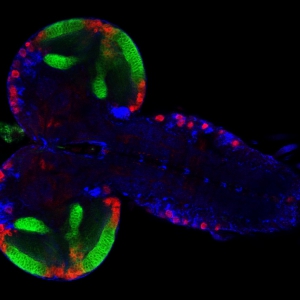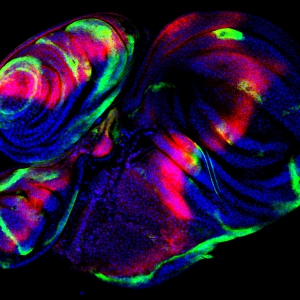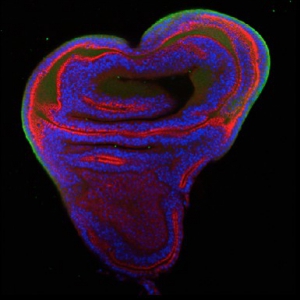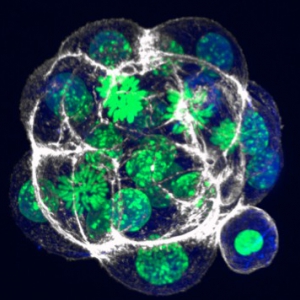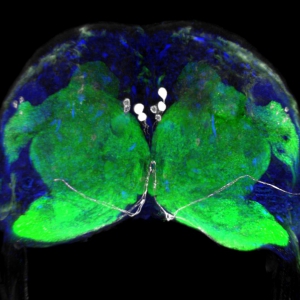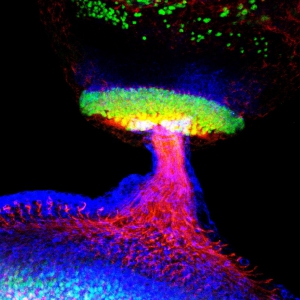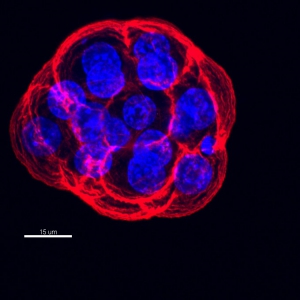Visegrád Group Society for Developmental Biology
Supporting excellence in Developmental Biology throughout Czech Republic, Hungary Poland and Slovakia
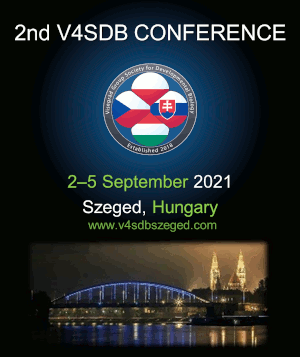
Many thanks to all the delgates (197 of you!) who attended The REARRANGED Second V4SDB Meeting in Szeged (Hungary) between 2nd - 5th Sept. 2021. IT WAS SUCH A GREAT MEETING! - more photos below
We were also very grateful to our sponsors and partners in making the meetuing happen - including the University of Szeged and the Birology Research Centre, the Company of Biologists, Zeiss, MDPI and the Visegrad Fund
We would particularly like to thank the Visegrad Fund who provided a generous grant to fund student specific activities in Day 0 of the conference (one day before the main programme began) - more details below (including student provided testimonies on their experiences at the the conference)
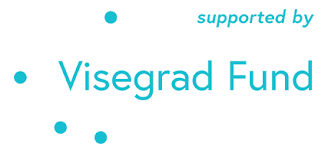
2nd V4SDB Meeting (Szeged, Hungary - 2021). Day 0 (students' day): A truly great day of career advice, scientific writing and practical developmental biology.
Information: The developmental biology related practical student workshops were generously supported by a grant from the Visegrad Fund and enabled 52 registered students to participate in a selection of six offered practical sessions (relating to developmental biology model species, mice, chickens, zebrafish, rotifer and fruit fly, plus a session on practical Lightsheet Microscopy, as facilitated by our commercial partner Zeiss - many thanks). - see photos below.
In addition to the practical sessions, our student specific activities on Day 0 also involved two lectures to aid students professionally (relating to "Career development" & "Insights into Scientific Publishing") and ten talks given by student participants themselves, relating to their own research (many thanks to those ten students who volunteered and really stepped up to the plate!).
As mentioned we are grateful to the Visegrad Fund for their financial support, allowing us to cover the full registration fees of 40 student delegates (selected from those that gave talks and the best poster presentations in the conference). Congratulations to the winners and thanks to the Visegrad Fund for supporting future generations of Developmental Biologists across our region!
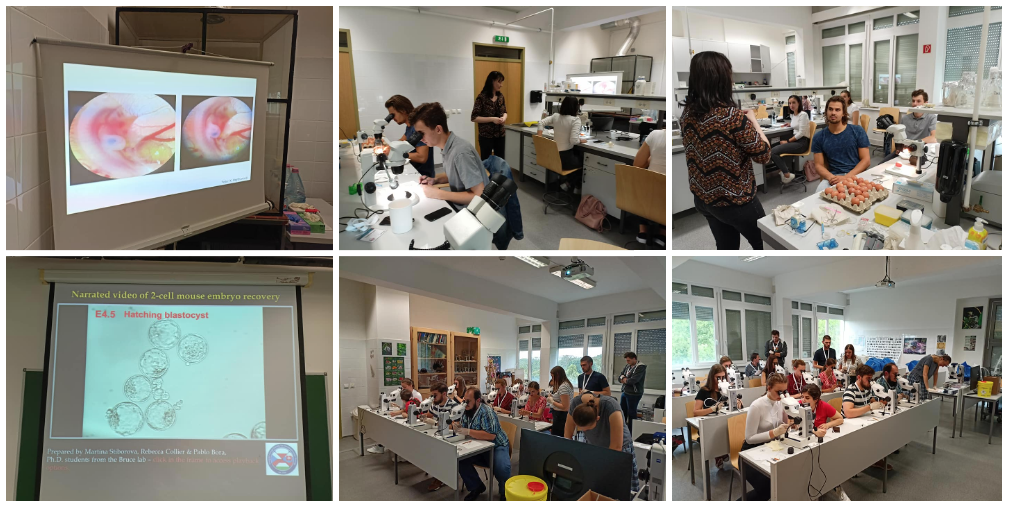
Student delegate conference testimonies (more photos below)
As a Master student, I found the workshops very useful. I usually work with mouse embryos around stage E11.5 and older. Therefore, I decided to participate in mouse workshop, due to possibility to work with early stages of mouse embryo development. I learned how to obtain the 2-cell embryos from oviduct and how to culture them. Also, I appreciated the possibility to visit other workshops (in my case zebrafish and chicken), although I was not signed up for them. Via workshops and poster presentation, I had the opportunity to meet the PIs and the students from other research groups, which can be helpful for potential cooperation in the future. Additionally, two „soft skills“ lectures were part of the workshop. I attended „Career advice: How to use the Independent Development Plan (IDP) to plan your career“. It was basically my first soft skill lecture and I received many useful information concerning my future career.
Nela Jandova (Czech Republic)
From 2nd to 5th September 2021 I participated in 2nd Conference of The Visegrad Group Society for Developmental Biology in Szeged, Hungary. During that time, I participated in all scientific and poster sessions as well as social events. Hereby I wanted to compliment the organisers for high quality of the entire event. Scientific sessions covered a wide variety of animal models with active participation of speakers from various countries and institutions, which greatly enhanced opportunities for exchange of different experiences and ideas about particular scientific problems. Social events were also organised in a way that encouraged networking and discussion in less formal format, both on scientific topics and those regarding possible cooperation and carrier opportunities. Overall, I was very satisfied with the conference, in equal parts thanks to constructive feedback I received during formal and informal gatherings as well as establishing new personal contacts.
Michal Brouze (Poland)
During the conference, I attended a lecture focusing on career planning and two practical workshops (mouse & zebrafish). Introduction of Independent Development Plan by Orsolya Symmons helped me to set my priorities and clearly define the next steps in my development as a scientist. In the practical workshops with model organisms, I tried new methods and I appreciate how truly hands-on the workshops were. In mouse preimplantation embryo practical, we tried to isolate 2-cell stage mouse embryos, which were later developing in in vitro culture to late peri-implantation stage blastocyst. In the zebrafish workshop, we could appreciate different developmental defects in stained and unstained zebrafish. Thanks to the workshop, my colleagues and I learnt about a more efficient way how to stain zebrafish, which we will be able to use in our experiments. Taken together, the workshops were very engaging and beneficial for our further research.
Daniela Kristekova (Czech Republic)
This year's V4SDB conference was a huge stepping stone for my research career. This was the first international conference that I took part in, and also the first time that I presented my work for a greater audience. It was great to connect and talk with scientists from different kinds of countries. Also in some cases the possibility of cooperation came up, which was a really great motivation for me. The presentations and posters were quite interesting, especially the non-traditional model organisms section. It was amazing to see what kind of animals researchers use besides the classical model systems. My personal favorite presentation from this section was one where they used 3D X-ray imaging on Proteus anguinus. I think the technology that they presented will be really useful in the future in several fields.
György Ullaga (Hungary)
"What a great start to my Ph.D.! I was 3 months into my Ph.D. and It was very exciting to learn something new at the 2nd V4SDB conference in Szeged, Hungary. I participated in 2 hands-on practical workshops, zebrafish embryo culture, and chick embryo. For the first time, I observed the transparent zebrafish embryos at different stages of development and acquired some basics of zebrafish embryo culture. It is worthy of note that after the mouse, zebrafish is another excellent model for biological research.
The second session, the career planning workshop (Independent Development Plan and Fellowship/grant application) was just as perfect as the first. It was an interactive session and I was very active. Each participant was guided in developing SMART career goals, taught how to establish and maintain network/collaboration, having role models, and tips for writing a successful grant application.
This short training makes my path towards becoming a scientist clearer. My goals were evaluated and I got feedback and useful tips from the amazing instructor, Orsolya Symmons. In addition, I had the opportunity to meet and connect with other students and established researchers from around the world. This terrific experience will have an invaluable impact on my present and future scientific and professional career. Kudos to the organizers."
Hammed Tukur (Czech Republic)
On the day of the practical’s, I was helping at mice embryo development session. We showed students how to dissect mice, get embryos from the oviduct and how to recover embryos. I think that students had enjoyed this course, especially those who were successful in transferring and recovering embryos. After a few days, we sent them a photo of their (non)developed embryos.
During our practical’s I had a short time to go and see other practical courses. It was interesting to see other model organisms. For example, I tried to implant a blue bead into chicken limb bud, which was tricky and not so easy. Then I saw different developmental stages of zebrafish, which was fascinating as the development goes so fast.
To conclude, practical’s are useful because students try different manual work on different model organisms and different approaches of research. It also helped me to get contacts for other study groups, which could be helpful for future collaboration.
Martina Stiborova (Czech Republic)
One of the most interesting topics presented during the conference was the studying of non-traditional model organisms. Scientists, who are capable of thinking outside the box, utilizing modern molecular and computational tools to put a relevant biological question into a new perspective, never cease to amaze me. Personally, my favourite presentation was related to the reconstruction of the neural circuits in a polychaete larva, the Platynereis, using serial electron microscopy and genetic manipulations. These studies showed not only how the nervous system functions in less derived animals but the outstanding versatility of applications of molecular tools, such as CRISPR.
Zsombor Varga (Hungary)
On the first day of the V4SDB conference, we were invited to take part in the student practical workshops. I was given the opportunity to take part as a student and help my lab to teach one of the sessions. From a networking perspective, I found the teaching aspect of the workshop particularly useful. The teaching session gave me the chance to meet the other students and interact with them in a laboratory setting. I also attended the zebrafish practical session. It was interesting to see that there are significant benefits to studying development in zebrafish over mammalian model organisms... and the embryos are translucent so you can see the phenotypes in real-time! Overall, I found the student practicals an enjoyable and interesting way to initiate the conference.
Rebecca Collier (Czech Republic)
